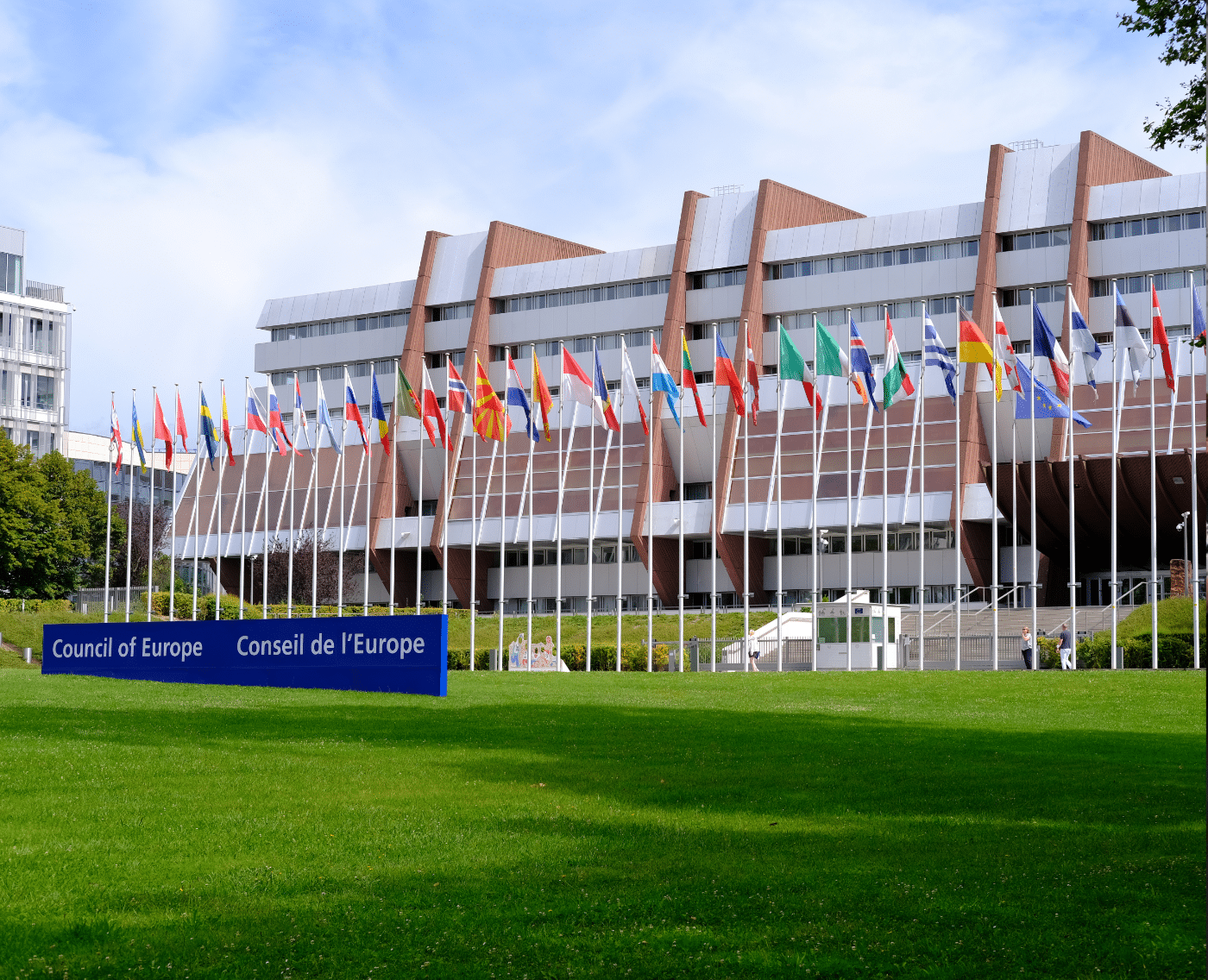AI Treaty recognises child rights, fails on corporate oversight
On 17 May 2024, the Council of Europe’s Committee of Ministers adopted the Framework Convention on Artificial Intelligence (AI) and Human Rights, Democracy and the Rule of Law. As the first international treaty on AI, the Convention aims to ensure the respect of human rights, including children’s rights, throughout the lifecycle of AI systems, but fails to set a strong framework for the private sector.

Following extensive engagement by 5Rights as an observer to the drafting committee, the first international treaty on Artificial Intelligence specifically recognises the additional rights of children under the UN Convention on the Rights of the Child, as elaborated in its General comment No. 25 in relation to the digital environment. Its Article 18 highlights that state parties must account for the specific needs and vulnerabilities of children to respect their rights in their implementation of the Convention.
The importance of having a first, potentially universal treaty to govern AI systems cannot be overstated. This Convention – just like the recognition of children’s rights therein – represents a step forward. The actual effectiveness of the Convention, however, remains very much in doubt.
The text does not provide sufficient clarity on enforcement and criteria on banned systems, and above it allows state parties to decide whether to exclude private actors from its scope. This is a clear failure to regulate corporate due diligence and ensure companies fulfil their responsibilities to protect children’s rights – a commitment that 193 states stressed as they adopted the United Nations General Assembly Resolution on the Rights of the Child in the Digital Environment as recently as November 2023.
To ensure the protection of children’s rights wherever they are – as well as all human rights, we therefore join countless other civil society organisations that have been involved in the negotiations and the Parliamentary Assembly of the Council of Europe (PACE), speaking for 730 million Europeans through their parliamentary representatives, in calling on Member States and other signatories to make declarations to fully apply the obligations set forth in the Convention to the private sector, just as they will have to do for the public sector.
At EU level, the Artificial Intelligence Act already sets out the obligations for all AI Systems used in the single market and contains several key provisions for children. Setting a high bar for the protection of children must be a priority at European and international level and must translate in a robust implementation of both the Convention and the Regulation.
The future Conferences of Parties of the CAI will have the task to improve and build on this first critical step, hopefully retrieving the initial ambition set by the work of the CAHAI and the truly inclusive multistakeholder approach that the CAI negotiations gradually but substantially moved away from.
